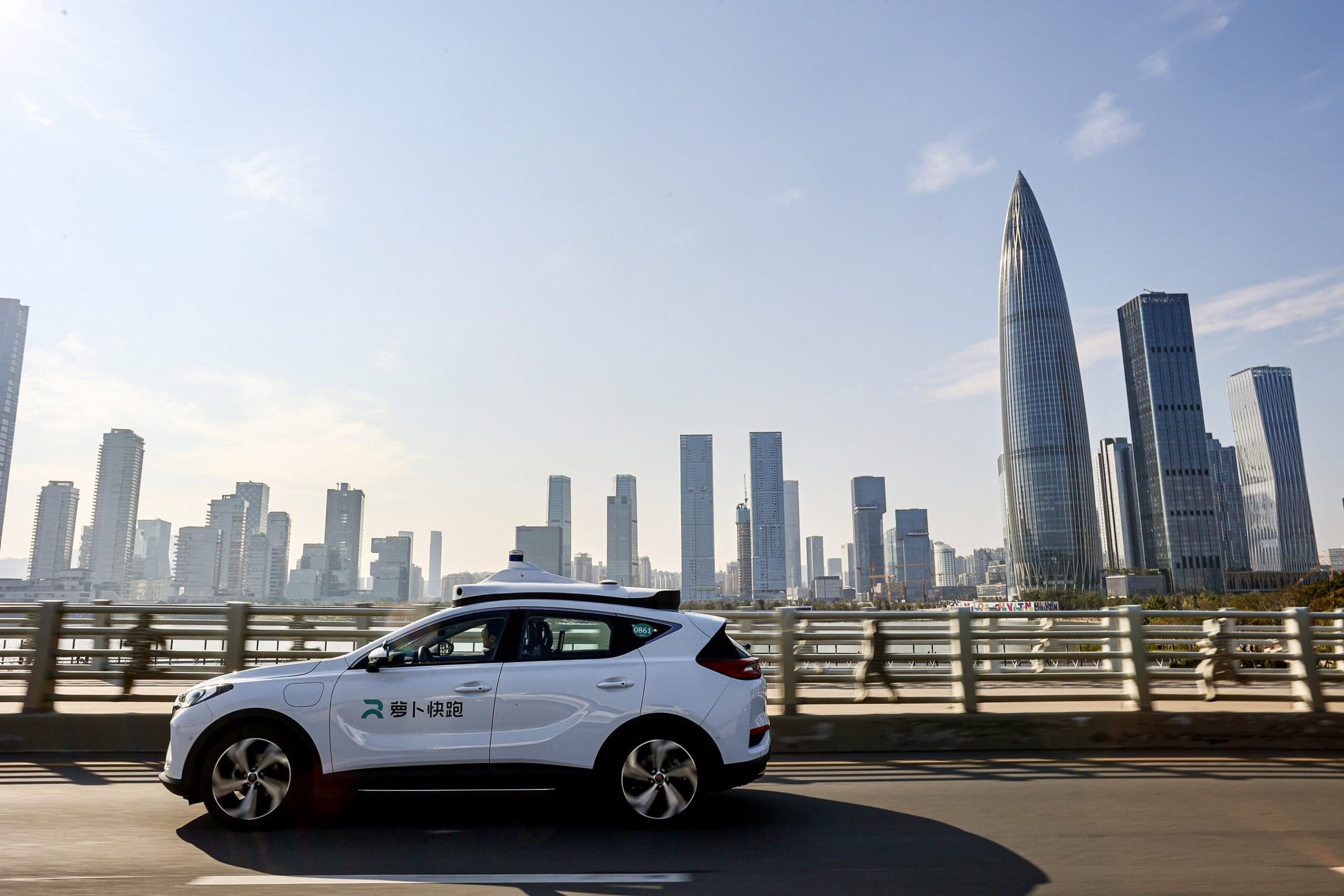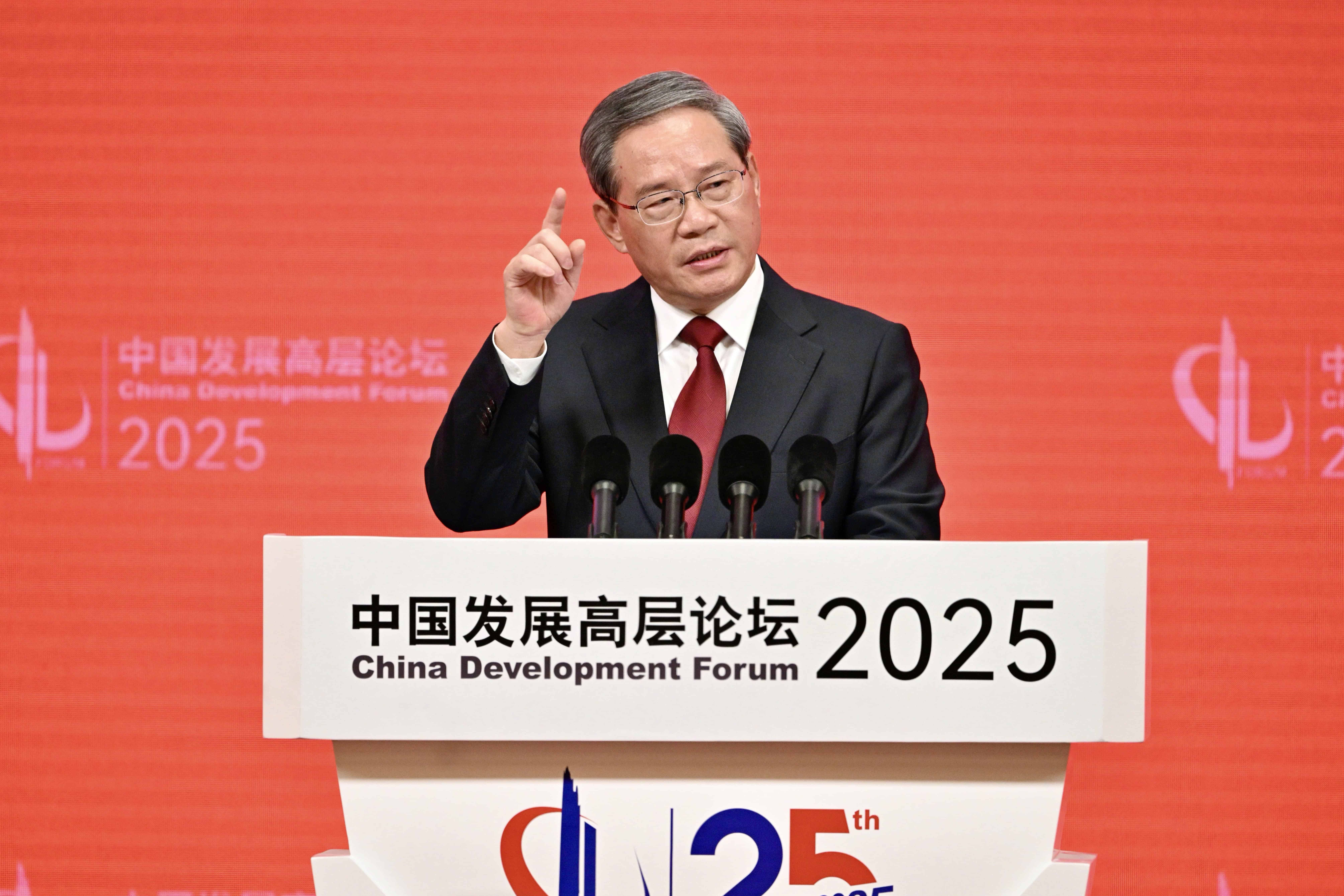Peter Hessler is a staff writer at the New Yorker and one of the best known non-fiction writers covering China today. After moving to China to teach English as a Peace Corps volunteer in 1996, he wrote a book about his experience, River Town (2001). That book was followed by two others about China, Oracle Bones (2006), and Country Driving (2010), as well as a book about his stint in Egypt, The Buried (2019). In 2019, Hessler returned to China as a teacher at Sichuan University, and recently publ



